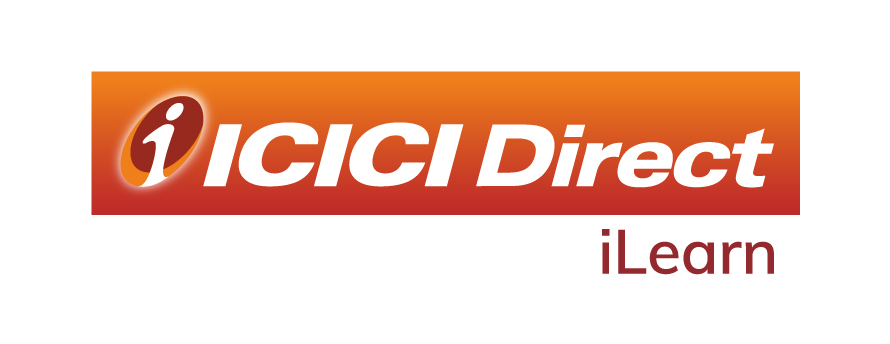What is the long-term capital gain tax rate in 2022

Introduction
Your gains get classified as short-term or long-term based on your holding period. For example, gains from equity funds held for less than a year qualify as short-term capital gains or STCG. Similarly, gains from investments on equity funds held for more than a year are long-term capital gains or LTCG.
Before the amendments in the Union Budget of 2018, investors did not have to pay any taxes on the LTCG earned on equity investments. Since 01 April 2018, long-term capital gains on the sale of listed equity shares have been taxable at the rate of 10% if the capital gain is more than Rs. 1 lakh in a financial year. A surcharge is also applicable on this LTCG that varies from 10% to 37%, depending on the investor's income.
Amendments in the Union Budget 2022
The Union Budget 2022 offers relief to individual taxpayers by capping surcharge to 15% on long-term capital gains. The type of asset and the amount of long-term capital gain does not matter. Before this amendment, the cap of 15% was only applicable on LTCG on equity-oriented mutual funds and listed equity shares. But for other categories of long-term capital gains, an investor needed to pay a surcharge at applicable rates. Capping the surcharge for all assets also helps reduce the tax burden for investors in bonds, startups, and unlisted shares.
As per the announcement, an individual must pay a surcharge calculated on tax liability if the taxable income is over Rs. 50 lakh.
The purpose of this initiative is to reduce the tax liability to promote long-term investments in the equity of startups and benefit unlisted companies in India.
What does it mean for taxpayers?
At present, for an individual assesse, the LTCG tax rate surcharge on assets is 10% if the income is between Rs. 50 lakh and Rs. 1 crore. If the income is more than Rs. 1 crore but less than Rs. 2 crores, the rate is 15%, and if the income is between Rs. 2 crores and Rs. 5 crores, the surcharge is 25%. For individuals with income above Rs. 5 crores, the rate is 37%. Therefore, people earning an income of more than Rs. 2 crores will benefit significantly from this capping. However, there is no change in long-term capital gains on the sale of listed equity shares. These continue to be taxed at the rate of 10% if the capital gain is more than Rs. 1 lakh in a financial year.
Conclusion
The cap on the LTCG tax rate surcharge is a positive change for taxpayers, especially on the sale of assets other than listed equity shares and equity mutual funds. It is also beneficial for taxpayers who had to pay a higher surcharge on one-time capital gains such as on the sale of a property.
 Top Mutual Funds
Top Mutual Funds








COMMENT (0)